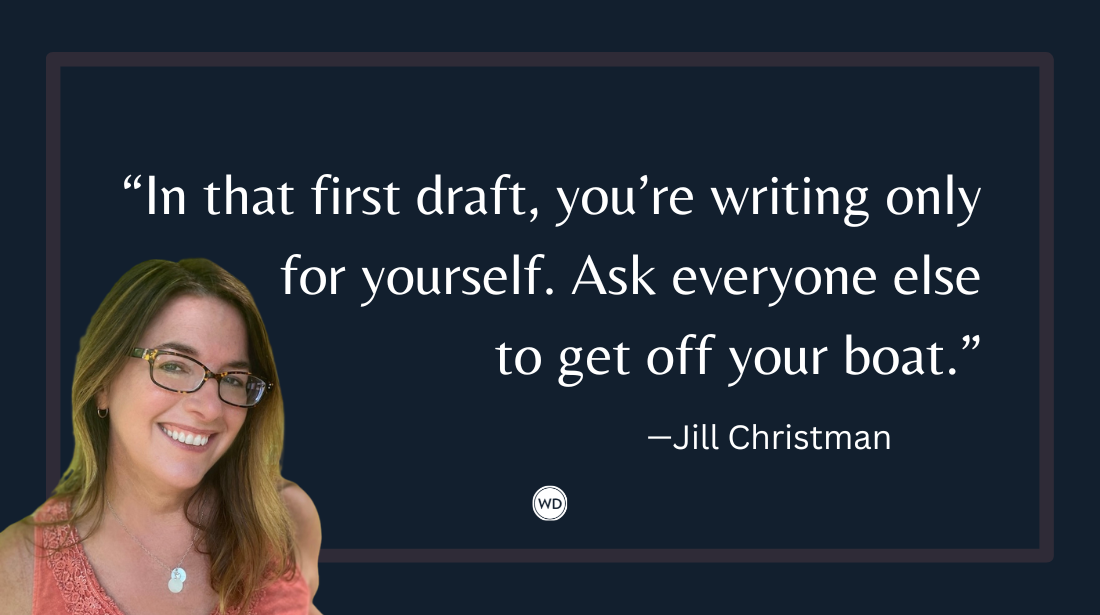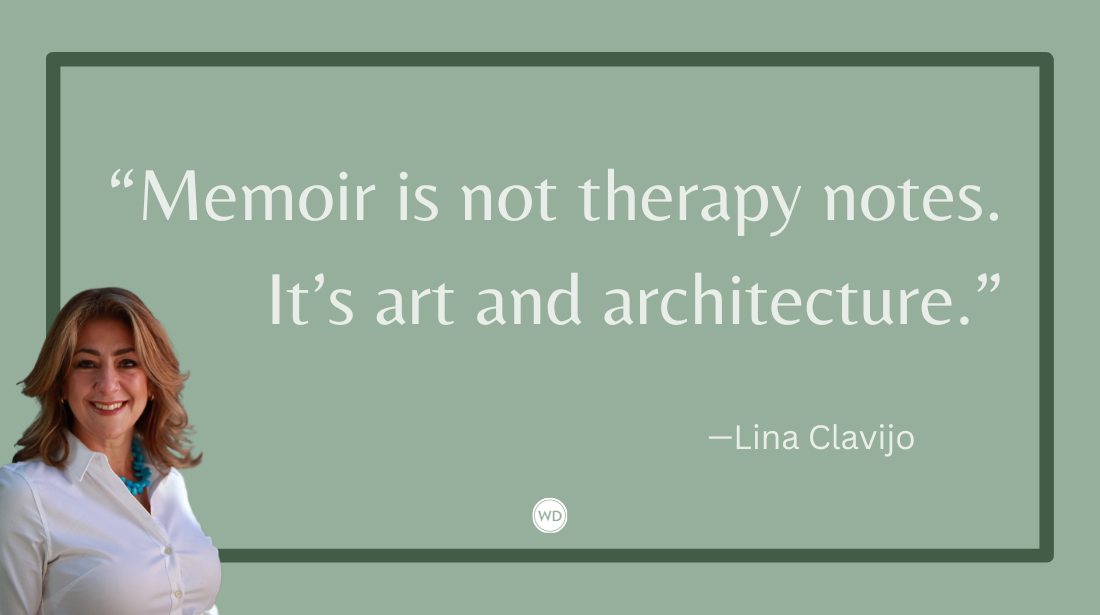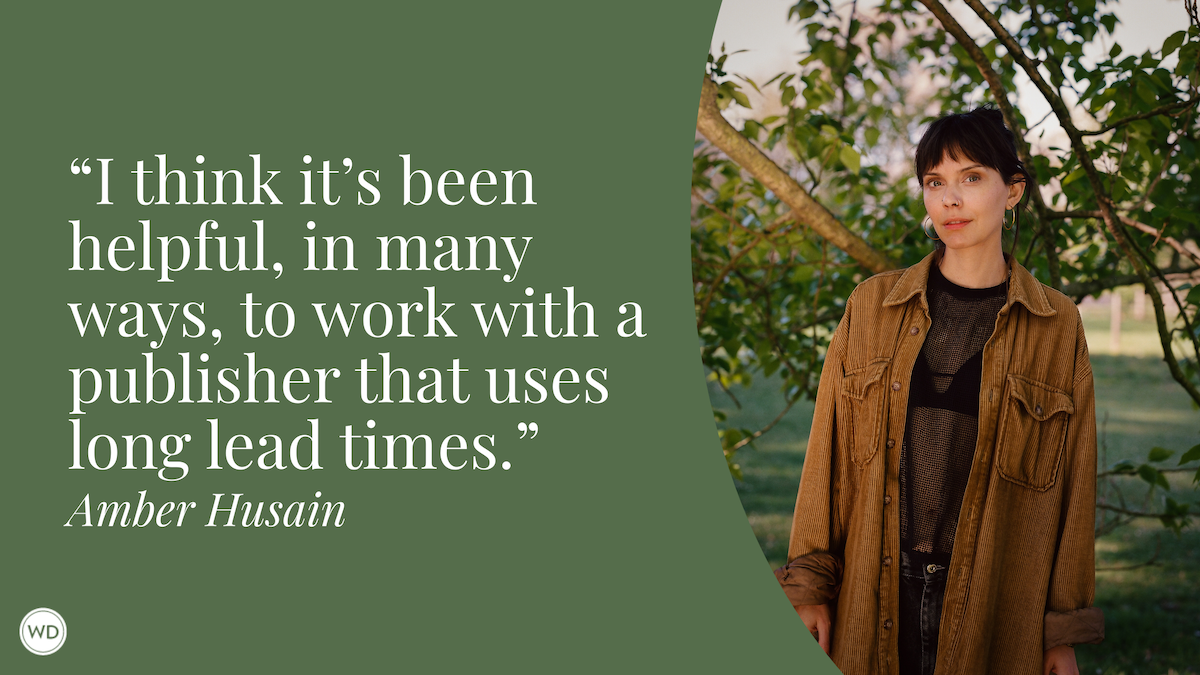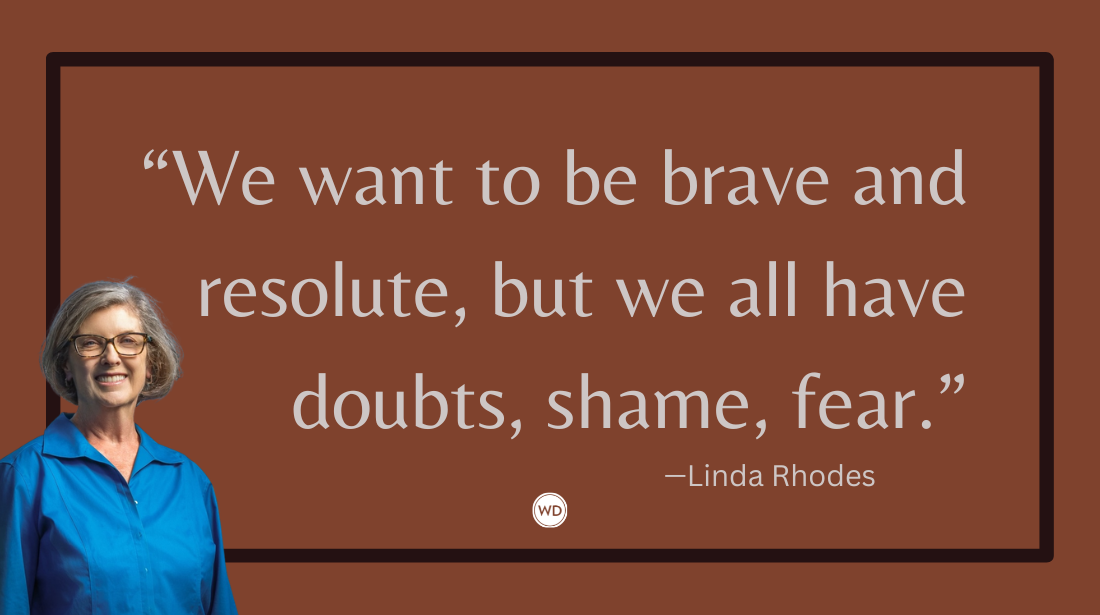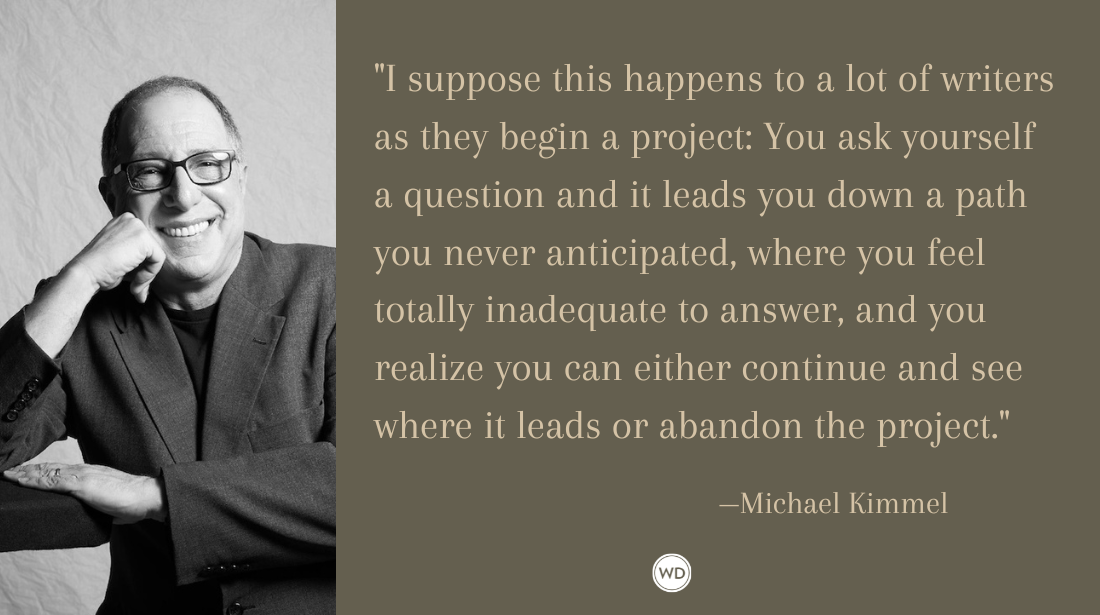7 Things I’ve Learned So Far, by Eric Smith
Outside of personal experience, the best way to learn is to get advice from people who’ve been there and done that. Discover the seven things learned so far by author Eric Smith.
This is a recurring column called "7 Things I've Learned So Far," where writers (this installment written by Eric Smith, author of What The Geek's Guide to Dating and the young adult novel, Inked) at any stage of their career can talk about writing advice and instruction as well as how they possibly got their book agent by sharing seven things they've learned along their writing journey that they wish they knew at the beginning.
1. Editing? Cut the Parts You Find Yourself Skipping. When I’m finished writing something, and it doesn’t matter what it is, a chapter in a book, a new essay, a blog post, whatever… I like reading and re-reading it, often times, reading out loud. And almost always the same thing happens. I find myself skipping over parts because I’m a.) way too excited to get to the next paragraph or b.) find that I’m tired of that particular section.
Usually, that means it’s time to make some cuts.
If you can’t even get excited about a bit of writing you’re working on, if you’re tired of that passage already… there’s a solid chance your reader will be too. You should be excited about everything you’re hammering down on the page. Leave no room for skipping. Unless, of course, it’s a victory skip in your backyard. Then, by all means, go forth and frolic. You earned it.
2. It’s Okay to Take a Break. When I wrapped up the rough manuscript of Inked, I immediately dove into working on a sequel idea while researching agents. Immediately. I got lucky, signed with a fantastic agent (hi Dawn!), and shortly after, the opportunity to work on The Geek’s Guide to Dating came up at my publisher. I worked on that book, and when that was done, went back to the sequel concept, worked on some essays, and started adfjdfgdfgsdfkl CRASH.
Burned. The. Hell. Out.
With one manuscript being shopped around and another on its way to publication, I took a breath. I went on a vacation. Not any place special. A little place called Tamriel. Lush wilderness, rushing streams, and tons of dragons. Oh, Tamriel is a place in a video game called Skyrim. I was on my couch. It was great.
Listen: It’s okay to take a break. Whether you’ve got something on submission, a book on its way to publication, or you’re just working on a bunch of fun ideas and drafts. Don’t burn yourself out. You’re no good for anyone like that. Plus, you need your energy for all that dragon slaying, Dovohkiin.
3. Save Your Darlings. I say this a lot, but when you’re busy editing and cutting, whether you’re making cuts on your own, with your peers, with your editor… save those darlings. Avoid that “kill your darlings” cliché, and open up a Word .doc, and stash those little gems off to the side.
Look, you might never use them. They might be the bits you cut out because they were boring you (remember #1?). Those couple of pages you sliced out of that manuscript, you probably cut them out for a good reason. Your agent, your editor, your writer friends… they’re a smart bunch, otherwise you wouldn’t be working with them, right? But down the line, when you’re working on a new story or idea, click on over. See what’s in the scraps. You might find something that sparks an idea, which you might have otherwise deleted.
And if not, whatever. How much space does a Word document take up? Like, a gig? Maybe? Who cares how many gigs? You have lots of gigs.
4. If You Must Read the Reviews, Learn From Them. I have a sign on my desk at work and at home that says “Don’t Read the Comments” in big bold letters. I bought it on Etsy in a fancy frame, because in my mind, an artisanal frame made out of reclaimed wood would make it work.
I never listen to it. No one does.
Look, if you’re going to read the reviews (you’re gonna), don’t lash out, don’t get upset, don’t get angry. Instead, see what you can learn from them. I love book bloggers. Love them. I follow tons of them on Twitter, read a lot of their blogs, and go out of my way to say hi to my favorites at conventions at BEA.
Because they are book lovers. They are my people.
And yes, when they write about my books, I read their reviews, the good and the bad. Why? Because these are the smartest consumers of books out there, and you can actually read what they think about your book! Your book! And if they care enough about your book to talk about it, that’s freaking awesome.
Reading reviews isn’t for everyone. Even I’m aware that I shouldn’t do it. I KNOW I shouldn’t do it. But I do. And when I do, I see what there is to learn. And I’m grateful that someone took the time to actually read my wild button mashing in the first place.
5. Find Your Soundtrack. I have a lot of friends who go running and hit the gym, and when they are busy doing this thing called exercising, they often rock out to music that gets them in the mood. Pumps them up. Gets them excited for the work they are about to do. Because hey, working out? That’s work. And so is writing. It’s just a different kind of work, with an equal amount of tears.
Writing at home? Find your soundtrack. For me, it depends on the kind of work I’m doing. Fussing over a Young Adult novel idea? I turn on the music of my youth, lots of pop-punk, power chords, and acoustic guitars, music by New Found Glory, Fall Out Boy, Punchline, Something Corporate, Saves the Day. An essay? Something that’ll calm me down. The Fray, Dashboard Confessional, Sherwood, Gin Blossoms.
Please note, I listen to my pop punk and emo on a regular basis too. Sing it, Motion City Soundtrack!
6. Find Your Peers Online As Well As Off. Thanks to the magic of Twitter, I’ve met more authors I admire and adore than… well I’m not quite sure how to finish that sentence. I’ve met so many. And the great thing about the online literary community (or “bookernet”), is that everyone supports one another. Be genuine, be kind, be excited. Find the authors who write books you deeply care for, find the writers you yourself admire. Connect with them on Twitter. Celebrate their success. You’ll learn so much from them. I absolutely have, and wish I’d been more active in seeking out writerly peers earlier on.
7. Surround Yourself With Supportive Friends. Team! Team, team, team, team, team. I even love saying the word, “team.” Having an awesome team backing you up is so very important, and I’m not just talking about professionally. Close friends that can network you, will blast your message out there… those friends are awesome, don’t get me wrong. But friends that will give that crappy rough manuscript a looks over, who will join you for coffee and listen to you ramble about an idea you haven’t quite thought out yet, friends that will look over your under-construction author website full of Geocities era animated .gifs… those are the supportive friends you need around you at all times.
Real friends. The friends that will give you a kick in the pants when you’re down and troll you a little bit when you’re doing too well. Who will keep you level. Surround yourself with those kind of friends, and it’ll certainly help your writing career.
Good luck!
Eric Smith is the author ofThe Geek’s Guide to Dating(December 2013), which was an Amazon Best Book of the Year in Humor and has sold into five languages. His debut young adult novel,Inked, comes out January 2015 with Bloomsbury’s digital imprint, Bloomsbury Spark. He is represented by Dawn Frederick of Red Sofa Literary. He can be found blogging for BookRiot and The Huffington Post, and when he isn’t busy writing, he can be found tweeting and marketing at Quirk Books. Visit Eric’s website to learn more, and follow him on Twitter (@ericsmithrocks).




